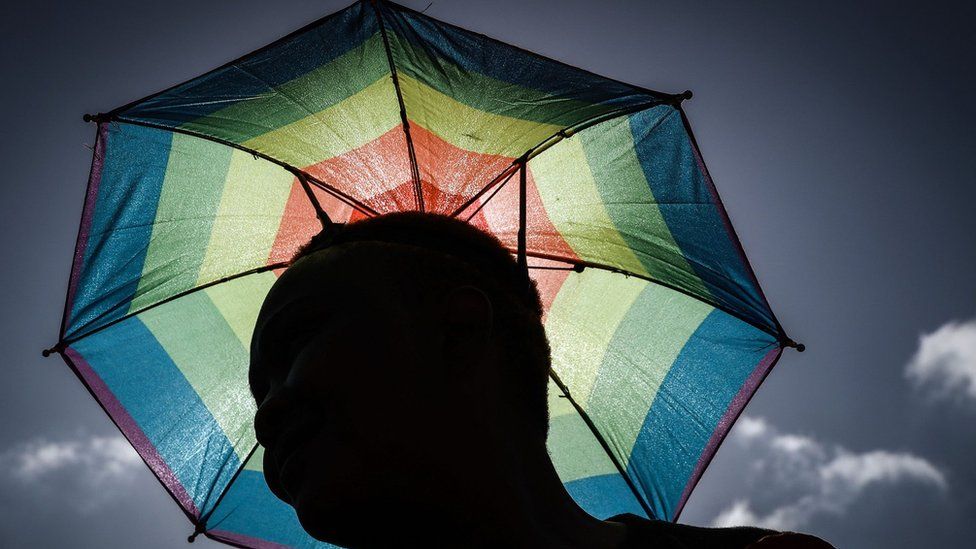-

-
-
Loading

Loading

The highest court in Mauritius has decriminalised gay sex, stating that the ban was a reflection of colonial-era values rather than indigenous beliefs. The law, originally implemented by British colonialists in 1898, has not been enforced in recent years. The landmark ruling came in response to a case brought by a gay man who stated that he could now love freely without fear. This decision comes at a time when some African states are introducing tougher anti-gay laws and experiencing a rise in homophobia. In contrast, many argue that homosexuality is "un-African" and contradictory to their religious beliefs. The case in Mauritius challenged the "offence of sodomy" on the grounds that it violated fundamental rights, including the right to liberty. The court declared that the law did not reflect Mauritian values but was a remnant of its colonial past. While the ruling eliminates the possibility of arrests for gay sex, parliamentary action is required to legalize it fully. Mauritius gained independence in 1968 but retained the ban on gay sex despite opposition from religious groups. The recent ruling is seen as a step forward for future generations to embrace their sexuality without fear of arrest. Organizations such as the Human Dignity Trust (HDT) have lauded the decision, describing it as the end of over a century of state-sanctioned stigma against the LGBT community in Mauritius. They believe it sends a message to other African countries with similar laws to repeal them. While Mauritius imposed a five-year prison sentence for gay sex, the HDT notes that this law is largely obsolete in practice. Currently, there are 64 countries around the world that criminalize homosexuality, with almost half of them located in Africa.